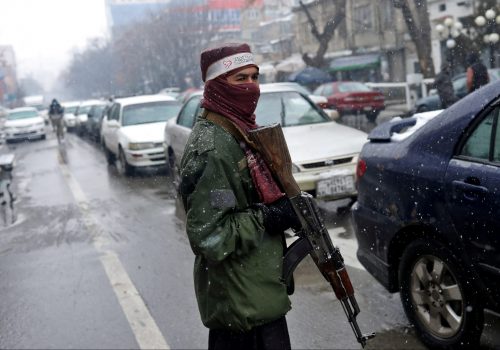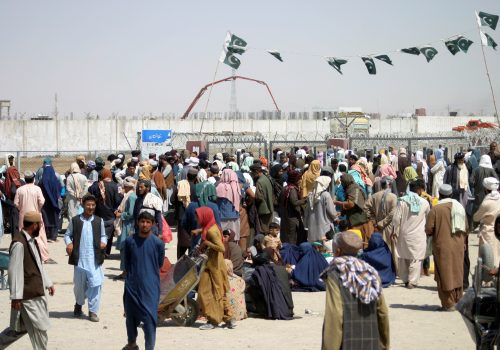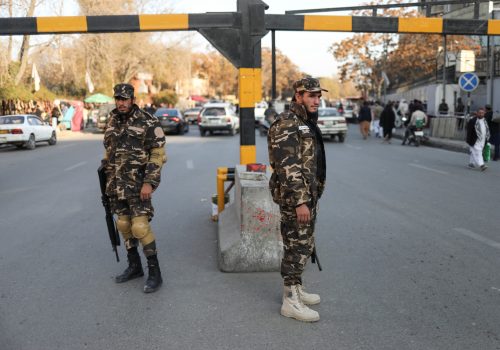Amid a crippling humanitarian tragedy, the Taliban’s new regime has completed a frustrating six months in government. The new ruling class, which involves the Taliban’s uneasy governing coalition with the Haqqani Network, has remained intransigent and has so far ruled on their own terms, weathering domestic and external pressures. Resisting a compromise over their social and governance policies, the Taliban have increasingly spearheaded a return to their strict rules. This includes converting social justice into revenge killings, banishing women, controlling or censoring the media, and opposing basic representative values commonly seen in inclusive governments. The Taliban have, meanwhile, pushed for a diplomatic recognition of their government and have demanded the release of billions of dollars in frozen Afghan state assets. Yet, the new regime has resisted accepting basic conditions set forth by Western powers and some regional countries. The group’s exclusionary path has created widespread public and international opposition and has created an existential crisis of coexistence between the Taliban and non-Taliban Afghans.
With the broader region realigning their approaches and militant groups reorganizing their forces, what outcomes can be expected in the months ahead? Are the Taliban capable of governing through a compromise? What does recognition mean and entail for the Taliban? How is it viewed by the international community? What are the likely implications for the broader region – as well as the United States – as they develop their own approaches to engage with the new regime?
To answer these and other questions, please join the Atlantic Council’s South Asia Center on Friday, February 4 at 12:30 PM ET, for a conversation on Afghanistan’s likely future under the Taliban’s regime.
Featuring
Amb. James B. Cunningham
Non-resident senior fellow
Atlantic Council’s South Asia Center
Lisa Curtis
Senior Fellow and Director, Indo-Pacific Security Program
Center for a New American Security
Carlotta Gall
Turkey Bureau Chief
The New York Times
Bruce Hoffman
Professor, Edmund A. Walsh School of Foreign Service
Georgetown University
Moderated by
Amb. Javid Ahmad
Non-resident senior fellow
Atlantic Council’s South Asia Center
Related content

The South Asia Center is the hub for the Atlantic Council’s analysis of the political, social, geographical, and cultural diversity of the region. At the intersection of South Asia and its geopolitics, SAC cultivates dialogue to shape policy and forge ties between the region and the global community.



On Twitter? Follow the conversation with @AtlanticCouncil and @ACSouthAsia using #Afghanistan.